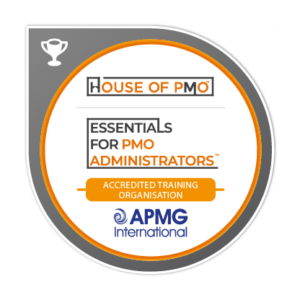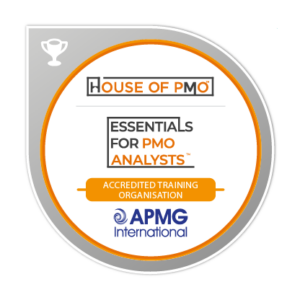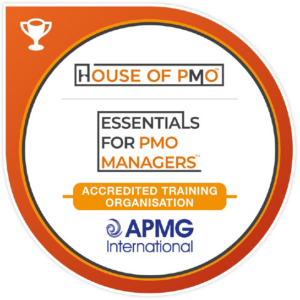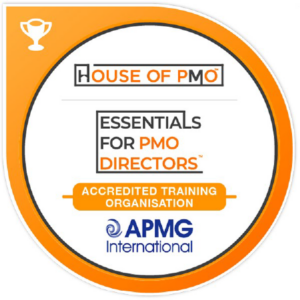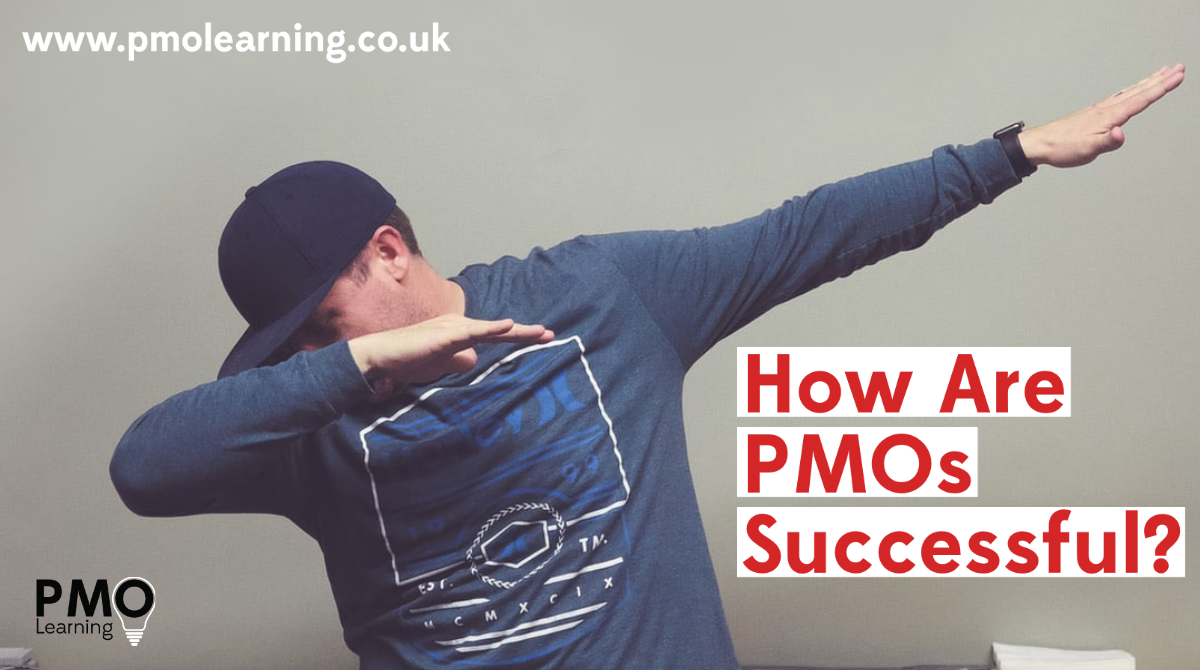
 We’ve all heard that phrase ‘learning from failure’.
We’ve all heard that phrase ‘learning from failure’.
Failure is not endorsed as such but more ‘if we do fail, the outcome is marginally better if we learn from that failure and make sure we don’t do it again.’ There is a flip side of course, successes. Do we still pay as much attention to those or do we quickly move on to the next thing without really stopping and thinking about what happened and how it was successful?
When you ask a group of PMO practitioners about their challenges and successes, there are always less responses about successes than there are around the challenges, its human nature I guess. The quote from Tom Peters, “Celebrate what you want to see more of” is a reminder to stop every once in a while to think about what successes in the PMO really mean and how we are spurred on to have more of them.
PMO success stories are wide-ranging, an indication perhaps of the different types and remits of PMOs within organisations. Here we take a look at the different categories of success in the PMO, an interesting insight into how other PMOs are moving their PMO on and perhaps a reminder for you to think about your own successes in the PMO.
The Positioning of the PMO
The biggest success stories for the PMO mainly stemmed from the positioning of the PMO within the organisation.
For some PMOs this was about the relationship building they have done and the rewards from working closely with other business entities, especially the finance department. For example, time spent working with finance to understand what that department really needs from projects in order to satisfy their regulatory reporting constraints. A good working relationship means the PMO can also draw on that when they also need help.
A different angle is the advocacy role the PMO can play. Bringing together departments, for example, the sales department and R&D to better understand the interdependency in the project portfolio.
Positioning success stories for PMOs means they’ve become a lot more visible in the organisation and are enjoying the benefits of having senior management support which has led to more stakeholder buy in. PMO are being approached more which enables them to provide a good service to a wider range of people, in turn more recognition was given to the good work being carried out.
Other changes which lead to success include moving up the food chain from a departmental PMO to a corporate level. In some cases this also coincides with a move to more portfolio management service offerings. Some PMOs are leading the move and whilst most are focused on specific process areas such as prioritisation and reporting.
Finally, some positioning successes are about the PMO becoming a permanent fixture within the business – a reflection on the organisation carrying out more projects and needing that PMO function to support that growth.
The Standards of the PMO
 Some PMO successes are all about introducing and increasing best practice within the business. New project management standards and processes that were introduced for the first time which resulted in better project performance are rightly highlighted as successes. For established PMOs its about introducing new processes or tools – of getting better at core service areas, resource management; benefits management and portfolio management are notoriously difficult areas to get right.
Some PMO successes are all about introducing and increasing best practice within the business. New project management standards and processes that were introduced for the first time which resulted in better project performance are rightly highlighted as successes. For established PMOs its about introducing new processes or tools – of getting better at core service areas, resource management; benefits management and portfolio management are notoriously difficult areas to get right.
We often hear about big victories such as eliminating local processes and ensuring the wider delivery orgaisation are using the set standards and processes as mandated by the PMO. Or adapting to new approaches such as Agile at scale.
The Training from the PMO
There’s plenty of success stories about the PMO performing the role of professional developer. In some respects the successes around training follow on naturally from the new or improving standards. People need training and the PMOs who provide services in this area can be offering training and development in key PPM practices for the whole project workforce. People get developed and the organisation benefits from that and the cost savings on external training.
Some PMO successes stem from the resource management side of capability management – specifically skills assessment for project managers; introducing or improving on the mentoring the PMO offers and training within the PMO itself. Cross training in the PMO is a great way to share the expertise around which means more people within the PMO can response to requests from the organsation. Expertise areas included planning, reporting, benefits management and resource management.
Measurement from the PMO
 For some PMOs, success comes from the measures which are preset. An increase in profitability, customer satisfaction, projects on schedules, more amber:less red, getting a tricky project through the gateway review and so on.
For some PMOs, success comes from the measures which are preset. An increase in profitability, customer satisfaction, projects on schedules, more amber:less red, getting a tricky project through the gateway review and so on.
What’s still missing from the measurements of success is something about the measurements of success for the PMO, in other words, measurements that go some way to conclusively stating that project successes can be in some way related to the actual role the PMO plays in those projects.
PMO Flashmob has a great report called “KPIs, Metrics and Measures” and one stand out quote is, “Focusing on metrics to demonstrate the value of the PMO has limited benefit to the PMO and the business.Focusing on metrics to demonstrate the value of the PMO has limited benefit to the PMO and the business.” Food for thought.
The PMO Role in Project Management
With the previous point in mind, PMOs often report that their successes are tied to the successes of the projects, programmes and portfolio.
PMO successes are also tied to the changes in their business in relation to project management. For some this means adopting a new approach to delivering projects – mainly of an Agile nature. For others it is supporting the maturity growth (formal maturity models) or even just introducing formal project management for the first time.
The success stories from the PMO are important to highlight that the PMO in many organisations are making head ways with their main objective of supporting delivery to enable more successful outcomes.
Some of the successes may appear small, ‘no big deal’, ‘it’s what the PMO should be doing anyway’, ‘why the need to celebrate or highlight something they should be doing anyway’.
That might be true yet we can’t forget that many of these PMOs will have struggled for a long time to get where they are today, getting through challenge and criticism from the very people they are there to support. Getting to a position of recognition is hard won, so why not celebrate getting there?
Enjoying Our Blog?
Sign up and receive all our articles (we’ll send you an update once a week!) plus special offers and events:





